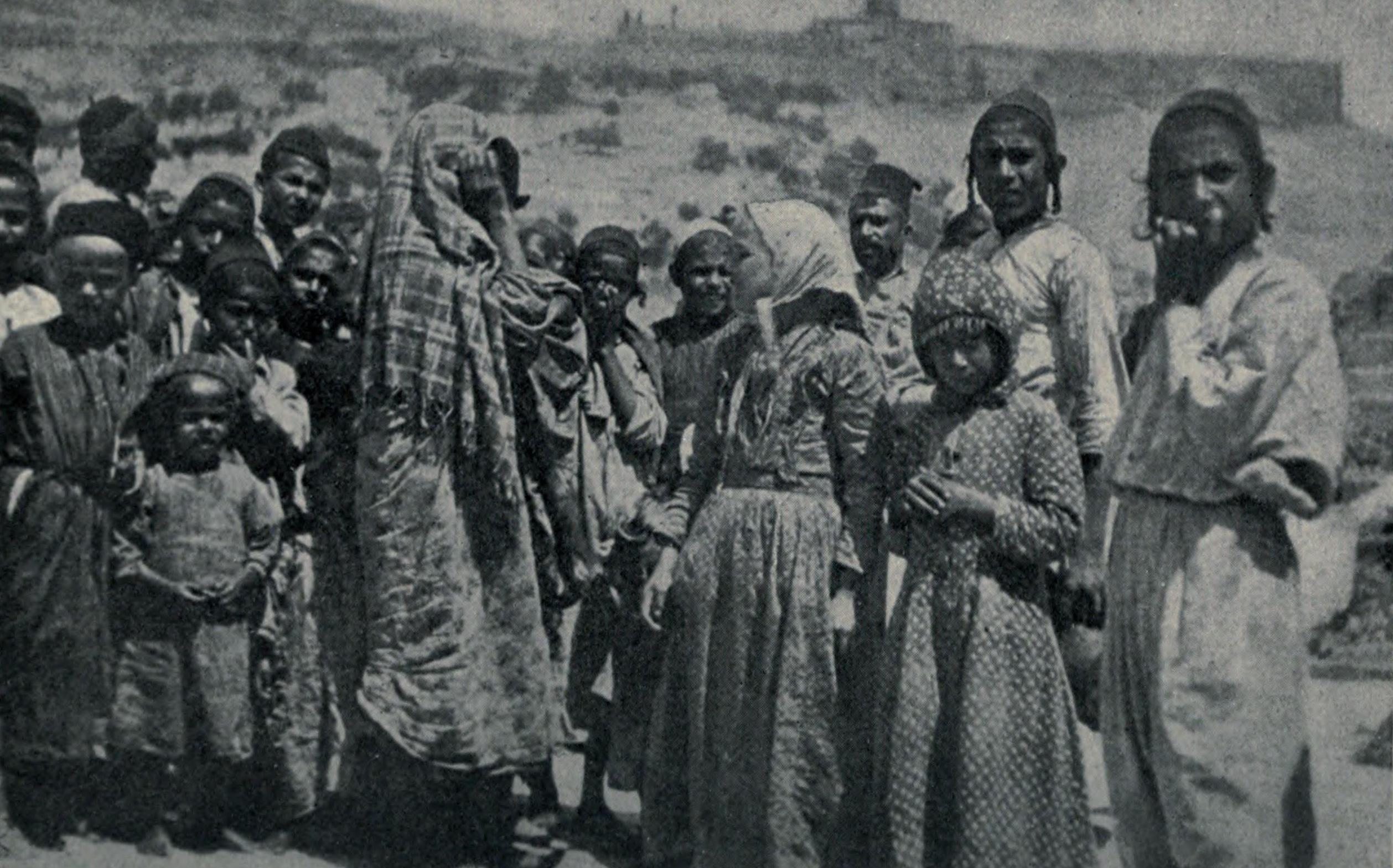|
Aharon Amram
Aharon Amram ( he, אהרן עמרם) (born 1939) is an Israeli singer, composer, poet and researcher of Yemenite Jewish origin. Life and career Amram was born in Sana'a, Yemen in 1939 to Romia and Shlomo Amram, a rabbi. In 1950 he immigrated to Israel as part of Operation Magic Carpet which was designed to bring Yemenite Jews to Israel, where he landed in the refugee camp of Rosh HaAyin. He was quickly singled out for his beautiful voice and started singing at weddings and events. With the encouragement of the Speaker of the Knesset Yisrael Yeshayahu he studied at the conservatory in Tel-Aviv where he was faced with the choice of focusing on either classical music or Yemenite music due to the difference in singing styles. Having chosen the latter, Amram began to record dozens of short recordings while continuing to perform. As he started getting recognition for his work, he toured in Europe in the early 1960s including a show at the Olympia in Paris and a filmed performance for t ... [...More Info...] [...Related Items...] OR: [Wikipedia] [Google] [Baidu] |
Yemenite Hebrew
Yemenite Hebrew ( ''ʿĪvrīṯ Tēmŏnīṯ''), also referred to as Temani Hebrew, is the pronunciation system for Hebrew traditionally used by Yemenite Jews. Yemenite Hebrew has been studied by language scholars, many of whom believe it to retain older phonetic and grammatical features lost elsewhere. Yemenite speakers of Hebrew have garnered considerable praise from language purists because of their use of grammatical features from classical Hebrew. Tunisian rabbi and scholar, Rabbi Meir Mazuz, once said of Yemenites that they are good grammarians. It is believed by some scholars that its phonology was heavily influenced by spoken Yemeni Arabic. Other scholars and rabbis, including Rabbi Yosef Qafih and Rabbi Abraham Isaac Kook, hold the view that Yemenite Hebrew was not influenced by Yemenite Arabic, as this type of Arabic was also spoken by Yemenite Jews and is distinct from the liturgical Hebrew and the conversational Hebrew of the communities. Among other things, Rabbi Qafih ... [...More Info...] [...Related Items...] OR: [Wikipedia] [Google] [Baidu] |
Yemenite Jewish Poetry
Yemenite Jewish poetry, often referred to as " paraliturgical poetry" because of its religious nature, has been an integral part of Yemenite Jewish culture since time immemorial. The Jews of Yemen have preserved a well-defined singing arrangement which not only includes the very poetic creation itself, but also involves a vocal and dance performance, accompanied in certain villages outside Sana'a by drumming on an empty tin-can (''tanakeh'') or a copper tray. The Jews of Yemen, maintaining strict adherence to Talmudic and Maimonidean halakha, observed the gezeirah which prohibited playing musical instruments, and "instead of developing the playing of musical instruments, they perfected singing and rhythm." (For the modern Yemenite-Israeli musical phenomenon see Yemenite Jewish music.) This arrangement was integrated into the walks of life familiar to the Jews of Yemen. The texts used in the arrangement were put down in writing and later included in separate song collections (''dī ... [...More Info...] [...Related Items...] OR: [Wikipedia] [Google] [Baidu] |
Yemenite Jews
Yemenite Jews or Yemeni Jews or Teimanim (from ''Yehudei Teman''; ar, اليهود اليمنيون) are those Jews who live, or once lived, in Yemen, and their descendants maintaining their customs. Between June 1949 and September 1950, the overwhelming majority of Yemen's Jewish population immigrated to Israel in Operation Magic Carpet. After several waves of persecution throughout Yemen, the vast majority of Yemenite Jews now live in Israel, while smaller communities live in the United States and elsewhere. Only a handful remain in Yemen. The few remaining Jews experience intense, and at times violent, anti-Semitism on a daily basis. Yemenite Jews have a unique religious tradition that distinguishes them from Ashkenazi Jews, Sephardi Jews, and other Jewish groups. They have been described as "the most Jewish of all Jews" and "the ones who have preserved the Hebrew language the best". Yemenite Jews fall within the "Mizrahi" (eastern) category of Jews, though they differ ... [...More Info...] [...Related Items...] OR: [Wikipedia] [Google] [Baidu] |
Shabbat
Shabbat (, , or ; he, שַׁבָּת, Šabbāṯ, , ) or the Sabbath (), also called Shabbos (, ) by Ashkenazim, is Judaism's day of rest on the seventh day of the week—i.e., Saturday. On this day, religious Jews remember the biblical stories describing the creation of the heaven and earth in six days and the redemption from slavery and The Exodus from Egypt, and look forward to a future Messianic Age. Since the Jewish religious calendar counts days from sunset to sunset, Shabbat begins in the evening of what on the civil calendar is Friday. Shabbat observance entails refraining from work activities, often with great rigor, and engaging in restful activities to honour the day. Judaism's traditional position is that the unbroken seventh-day Shabbat originated among the Jewish people, as their first and most sacred institution. Variations upon Shabbat are widespread in Judaism and, with adaptations, throughout the Abrahamic and many other religions. According to ''halakha ... [...More Info...] [...Related Items...] OR: [Wikipedia] [Google] [Baidu] |



